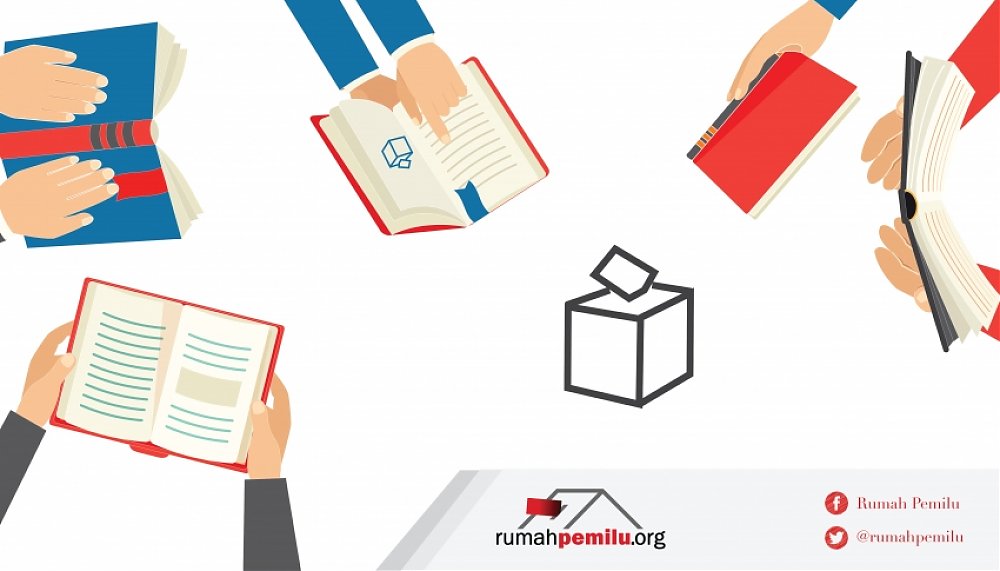At this early age, children's involvement in politics is practically still felt. In fact, not a few children who should receive protection are even used in campaign activities.
Several regulations in Indonesia are believed to have conflicting provisions. The government is urged to collaborate with stakeholders to harmonize existing regulations to ensure they are child-friendly and aligned with the best interests of children.
As for several political regulations that conflict with the interests of children contained in Law (UU) 35 of 2014 on Child Protection, including Law 7 of 2017 on General Elections, Law Number 2 of 2011 on Political Parties and other rules issued by the Election Organizers.
These regulations are deemed to be conflicting, particularly due to the age gap between the provisions stated in the Child Protection Law and the existing practical political regulations in Indonesia. It is known that according to the Child Protection Law, a child is defined as an individual from conception up to 18 years of age.
Meanwhile, in political regulations, the age of a child is limited to 17 years old. This is explicitly stated both in the Election Law and the Political Parties Law. Based on this, the government is urged to restore children's rights in accordance with the Child Protection Law and the Convention on the Rights of the Child, which was organized by the United Nations (UN) in 1989.
Media and Brand Manager Save the Children Indonesia Dewi Sri Sumanah explained, in the 1945 Constitution and the Child Protection Law, it is very clear that the state upholds human rights, including children's rights, which are marked by guarantees for the protection and fulfillment of children's rights.
"This guarantee is also strengthened through the ratification of international conventions on the rights of the child, namely the ratification of the convention on the rights of the child through Presidential Decree Number 36 of 1990 concerning the ratification of the convention on the rights of the child," explained Dewi to the RMOLJabar News Agency, Wednesday (5/23).
Article 1 of the 1989 UN Convention on the Rights of the Child, emphasized Dewi, clearly defines a child as every human being under the age of 18 without exception. Based on the law that applies to children, she added, it is determined that the age of adulthood is reached earlier.
“The Child Protection Law in Indonesia refers to the results of the 1989 UN Convention. Who is called a child, as I mentioned earlier, is a human being under 18 years of age without exception. So it is clear, if you talk about children's rights in any aspect, then you have to refer to the Child Protection Law," she said. []
SYAMSUL ARIFIN
This article originally published by rmoljabar.id on May 24, 2023, with the support of the RESPECT Program hosted by Perludem.











